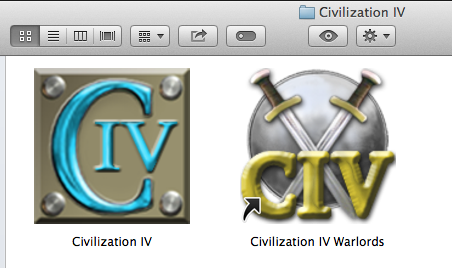How to effectively use Civ IV in higher education
Ars Technica » Scientific Method 2014-02-21

Lots of games, from dedicated educational titles to adult brain-teasers, make claims about how they can improve someone's mental performance in various ways. But there's often little evidence available to back up these claims and, in many cases, the evidence itself is ambiguous. Can playing games actually help in the classroom?
The answer appears to be yes, based on a talk by Stanford's Dan Schwartz at the American Association for the Advancement of Science meeting. But effectively leveraging gaming probably requires taking a lot of factors into consideration. At early stages, the games themselves have to be designed to focus on developing skills, rather than encouraging memorization, while more advanced students can benefit from games that build an intuitive sense of a specific subject matter. In all cases, the games had to be coupled with a good classroom explanation that put things into a broader context.
Designing a good game for kids
Schwartz said that games serve two purposes in early education. The first is to provide a concentrated learning experience that reinforces what teachers present in the classroom, where teachers also have the ability to handle social and emotional development (like getting kids to sit down and pay attention). The second is that they draw children into lessons while letting them have fun. "People design games to motivate kids to do things that are otherwise dull," Schwartz said, before listing a set of what he called "proven motivators," like narrative, graphics, and manageable challenges.
Read 11 remaining paragraphs | Comments




